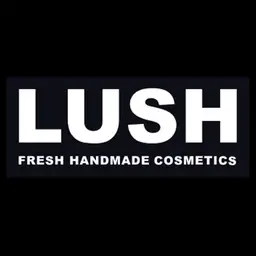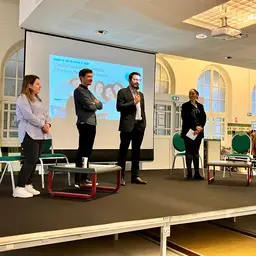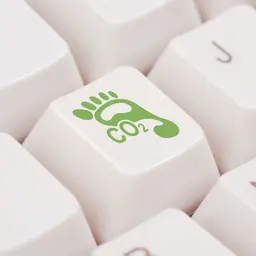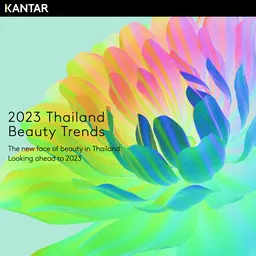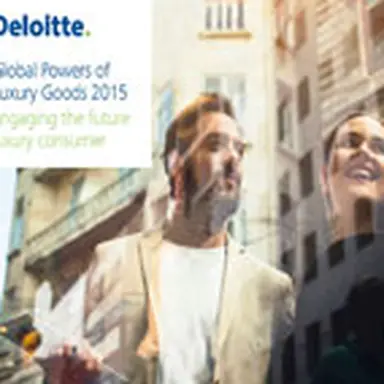
Global luxury brands should take advantage of evolving technological and consumer demands to help boost profits and remain competitive, according to the 2nd annual Global Powers of Luxury Goods report issued by Deloitte Touche Tohmatsu Limited (DTTL).
The report provides an outlook on the global economy; an analysis of merger and acquisition activity in the luxury sector; and a forward look on the changing nature of the luxury consumer – notably through the impact of technology. The world's 100 largest luxury goods companies generated sales of $214.2 billion through the end of the last fiscal year (fiscal years ended through June 2014) despite currency headwinds and intense technological disruption.
Patrizia Arienti, DTTL EMEA Fashion and Luxury leader, comments: " Several key aspects of the luxury sector will be unrecognizable in the next few years. The traveling luxury consumer will change the concept of national boundaries; millennial consumers will represent a significant percentage of sales volume in luxury; and the competitive forces driven by technology will continue to disrupt at a faster pace. As such, global luxury brands must overcome significant challenges in order to maximize engagement with their digitally-savvy, time-sensitive and socially aware consumers or risk being left behind ."
Key findings from the report include:
Adoption of technology as a competitive advantage
Luxury brands must keep up with evolving technology and refine their products, but without detracting from their unique core product offering and expertise. Industry …




